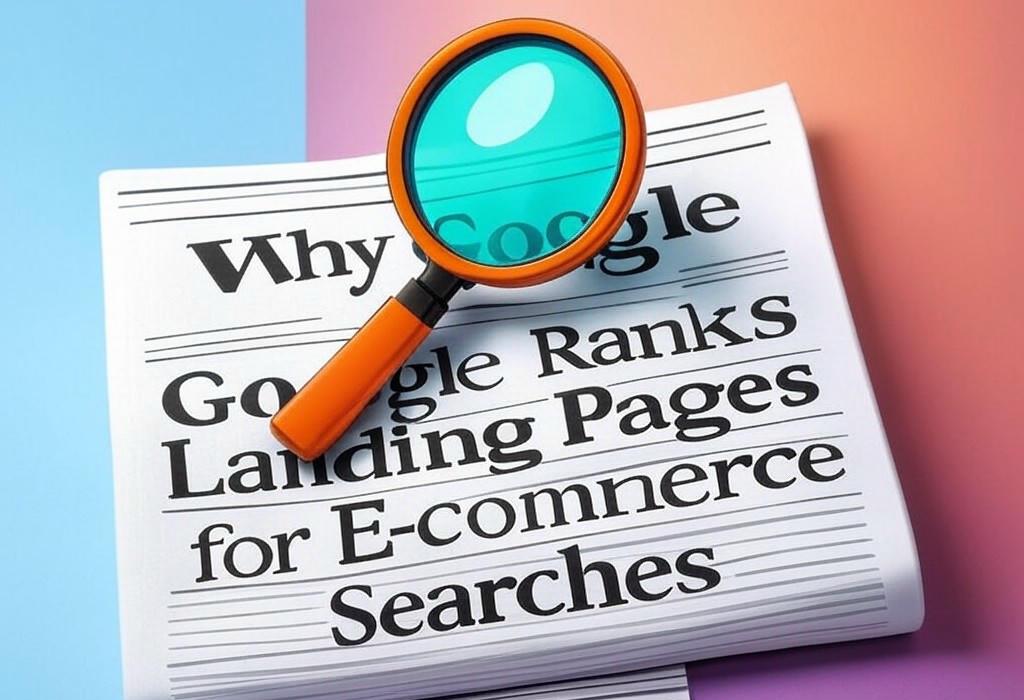
The E-commerce Ranking Conundrum
Ever puzzled why a guide or blog post on your site outranks your actual product pages for terms that scream “I want to buy now”? It’s a common head-scratcher in the e-commerce world, and Roger Montti recently shed light on Google’s perspective.
Decoding Google’s Intent Interpretation
So, what gives? According to Montti’s reporting on insights from Google, it boils down to how the search engine interprets what the user really wants. Sometimes, a search term that looks purely like someone wanting to buy something might actually signal to Google that the user is still in the research phase. They might be comparing options, looking for advice, or not quite ready to click “add to cart.”
In these cases, Google might decide that a well-written landing page, even if it’s not directly selling the item, does a better job of satisfying that underlying need. Think about it: if your landing page offers comprehensive information, comparisons, or answers related questions better than a simple product listing, Google might see it as the more helpful result for that specific search. It’s a reminder that Google isn’t just matching keywords; it’s trying to match the intent behind the search.
Implications for Content Strategy
This tells us, as marketers, that focusing solely on product pages for “buying” keywords might be too narrow. High-quality informational content plays a huge role across the board. Google’s system might see that broader, helpful page as more authoritative or relevant, especially if the user’s intent isn’t crystal clear. It’s a fascinating look into how Google weighs different types of content.
Dive Deeper
For a deeper dive into Google’s reasoning on this tricky ranking situation, you should definitely check out Roger Montti’s analysis of why landing pages rank for e-commerce queries.
